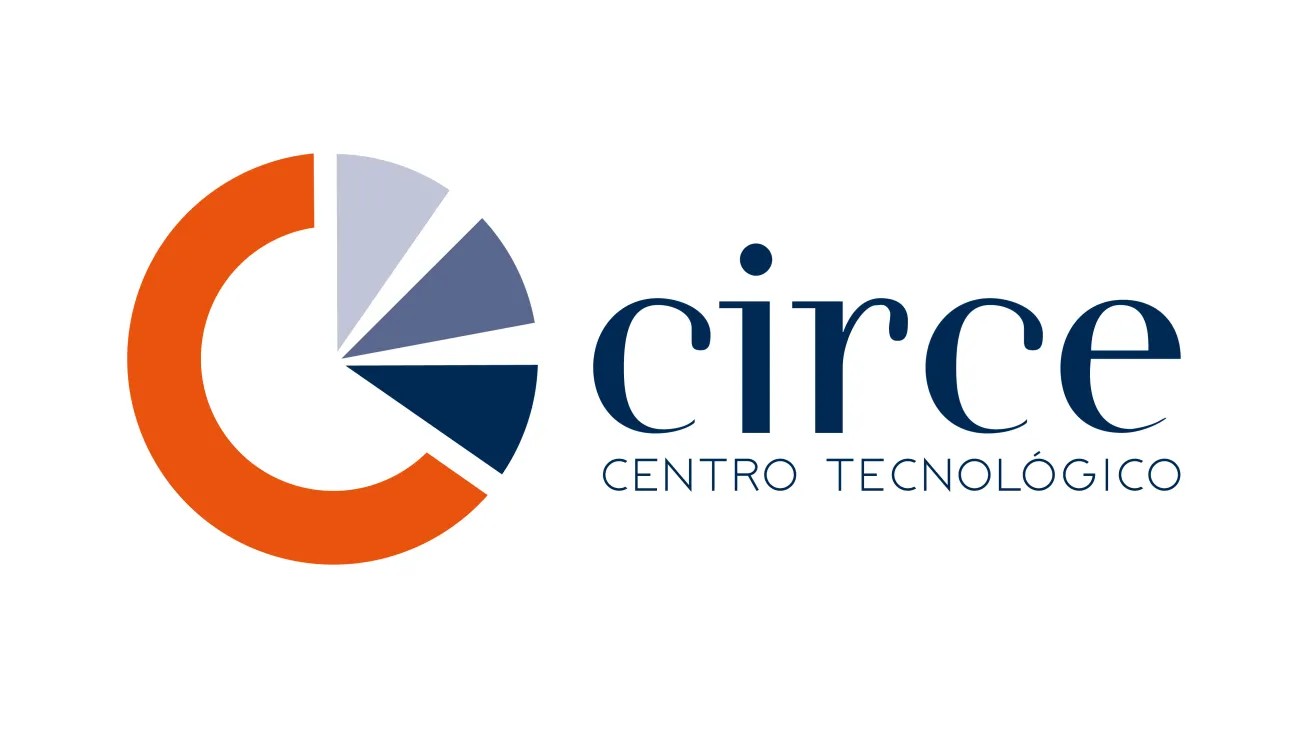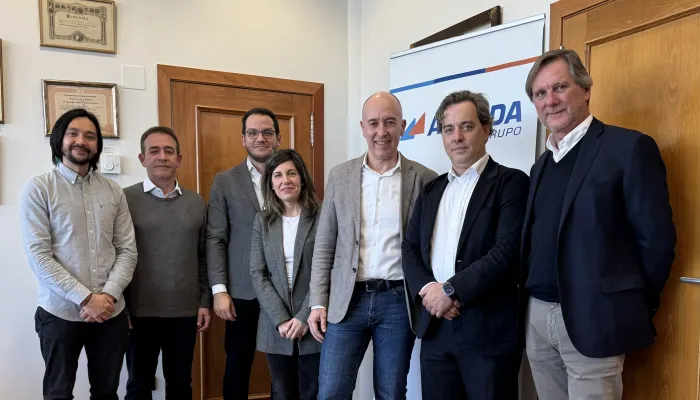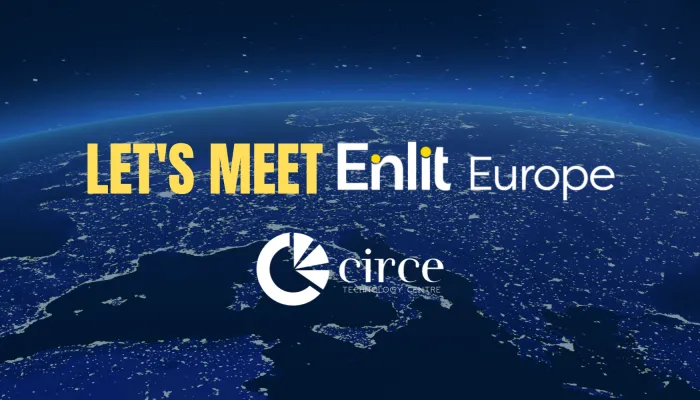Smart Sustainable Wine concludes with an eye on a second phase of the project

Smart Sustainable Wine project concludes by looking at the horizon to continue working in a second phase in which to consolidate the results obtained to date.
The purpose of the project is to develop a business sustainability management system adapted to the Navarra wine sector. The ultimate goal, therefore, is to promote a more competitive, innovative and environmentally friendly sector, while maintaining the quality standards of wine production.
The closing ceremony was held on June 20 at the headquarters of the CSIC in Madrid, an event in which the consortium of the project, led by the Union of Farmers and Ranchers of Navarra and formed by the D.O. Navarra, INTIA and Bodega de Liedena took stock of the results obtained in environmental, social and economic sustainability.
Fundación CIRCE, as an external collaborating expert in the project, also participated in the round table 'Wine Sustainability'. Towards a second phase of Smart Wine. During the course of the project, CIRCE has been responsible for carrying out the energy audit and the life cycle and cost analysis of the winery where the innovations developed have been demonstrated.
The energy audit carried out by CIRCE collected the necessary information to carry out an exhaustive energy analysis of the Bodega de Liédena. Based on the measurements and information collected, an evaluation of the points of greatest inefficiency and the breakdown of consumption was carried out, as well as a plan to implement measures for improvements in the warehouse, selected under an innovative criterion and assessing its potential for energy saving.
With this information it is possible to propose a series of actions that can allow the winery to reduce the environmental footprint of its activity, reducing the consumption of raw materials or CO2 emissions, while achieving energy and economic savings.
Additionally, the objective of CIRCE's work was to calculate the environmental and economic impact of the winery by carrying out a study using the Life Cycle Analysis (LCA) and Costs (CVA), as a phase prior to the Environmental Product Footprint (PEF for its acronym in English), associated with the production of wine from the winery.
Based on the measurements and information collected, the potential for energy savings and other effects of the innovations developed to be implemented in the winery during the project were evaluated. Within this phase an experimental evaluation of the effect of the installation of wind extractors was carried out to reduce the concentration of CO2 and the temperature in the warehouse of the winery during the harvest stage.
On the other hand, the energy and economic benefits of pipe insulation in refrigeration equipment were evaluated.
Latest news






